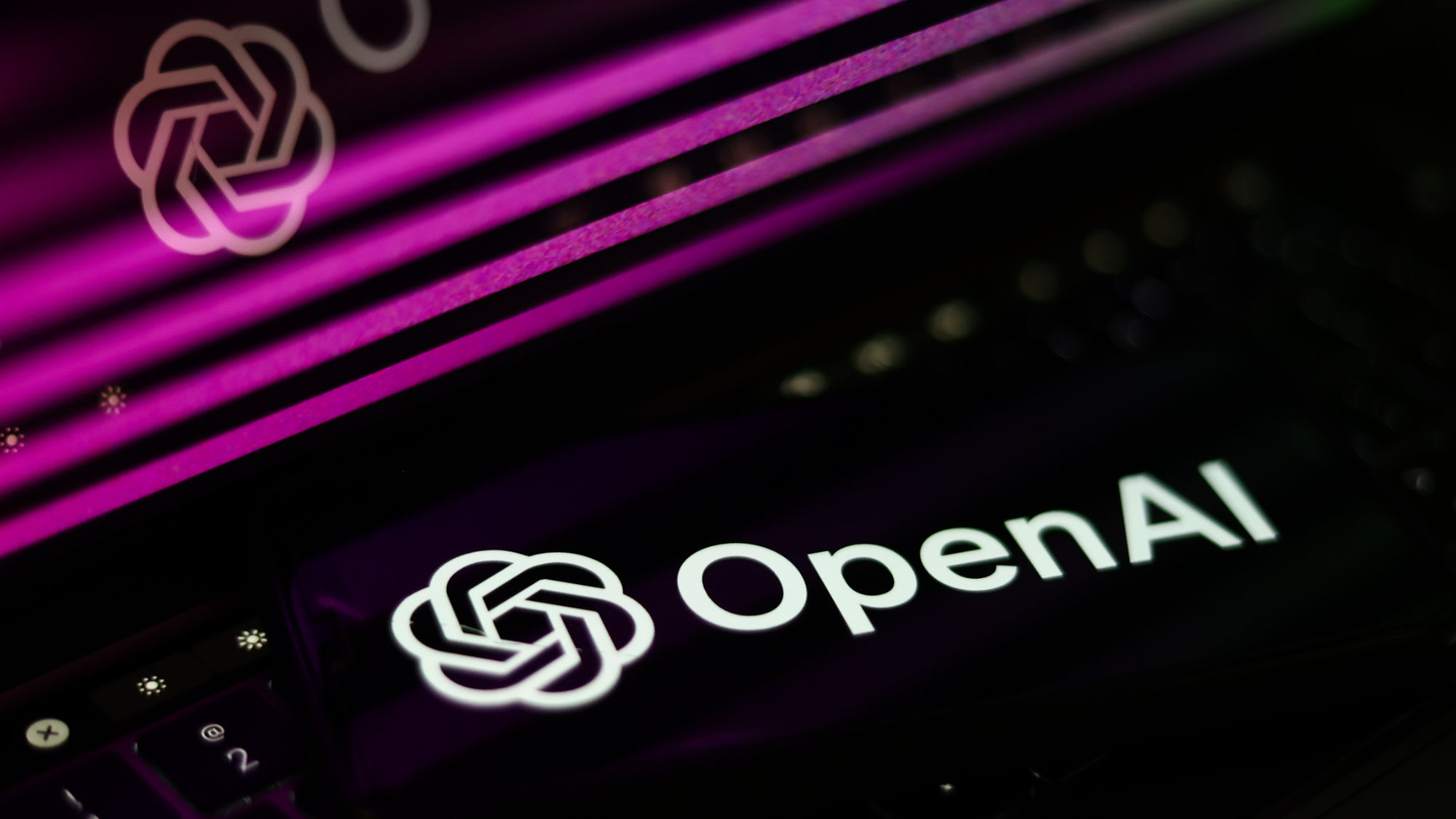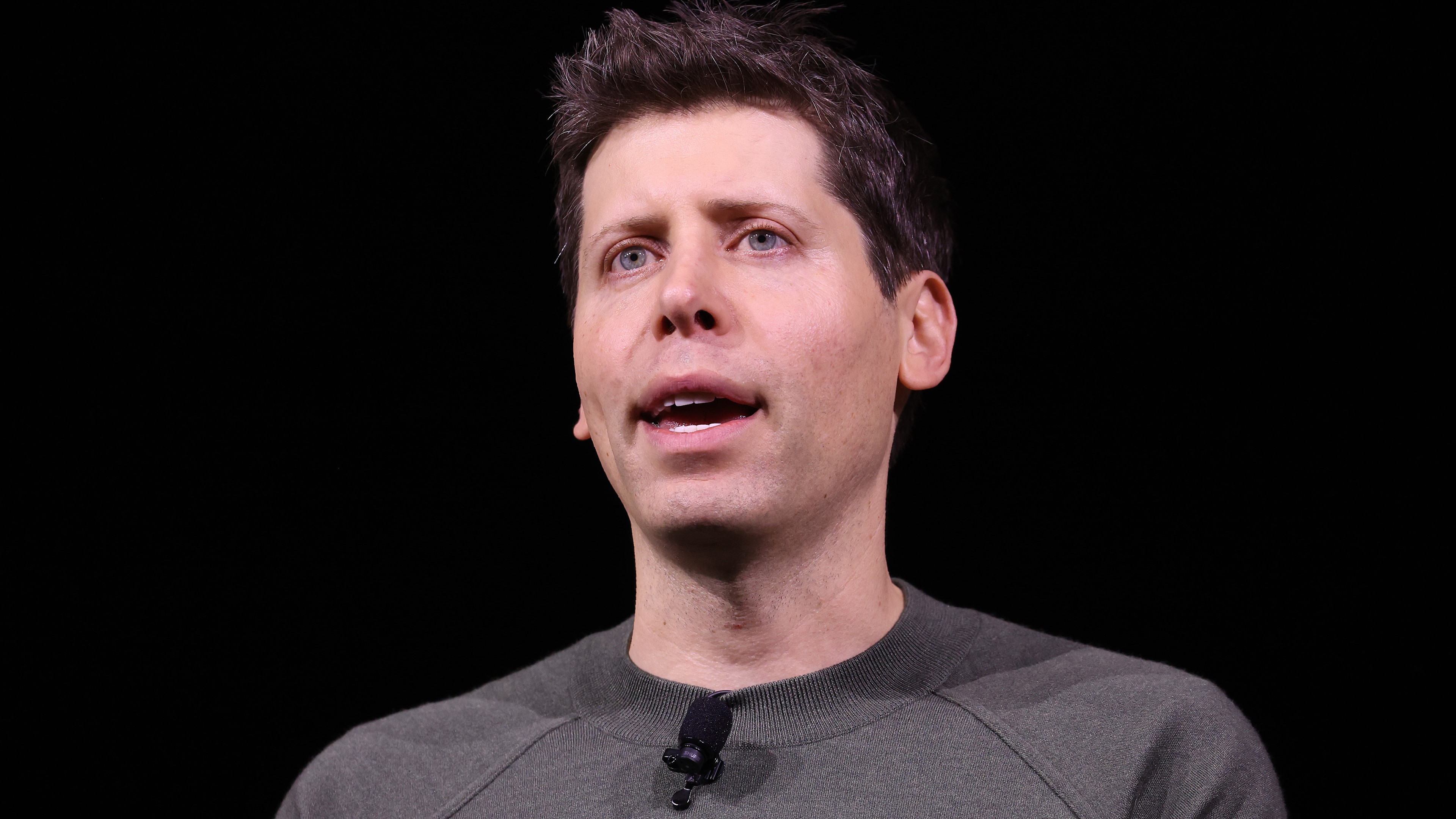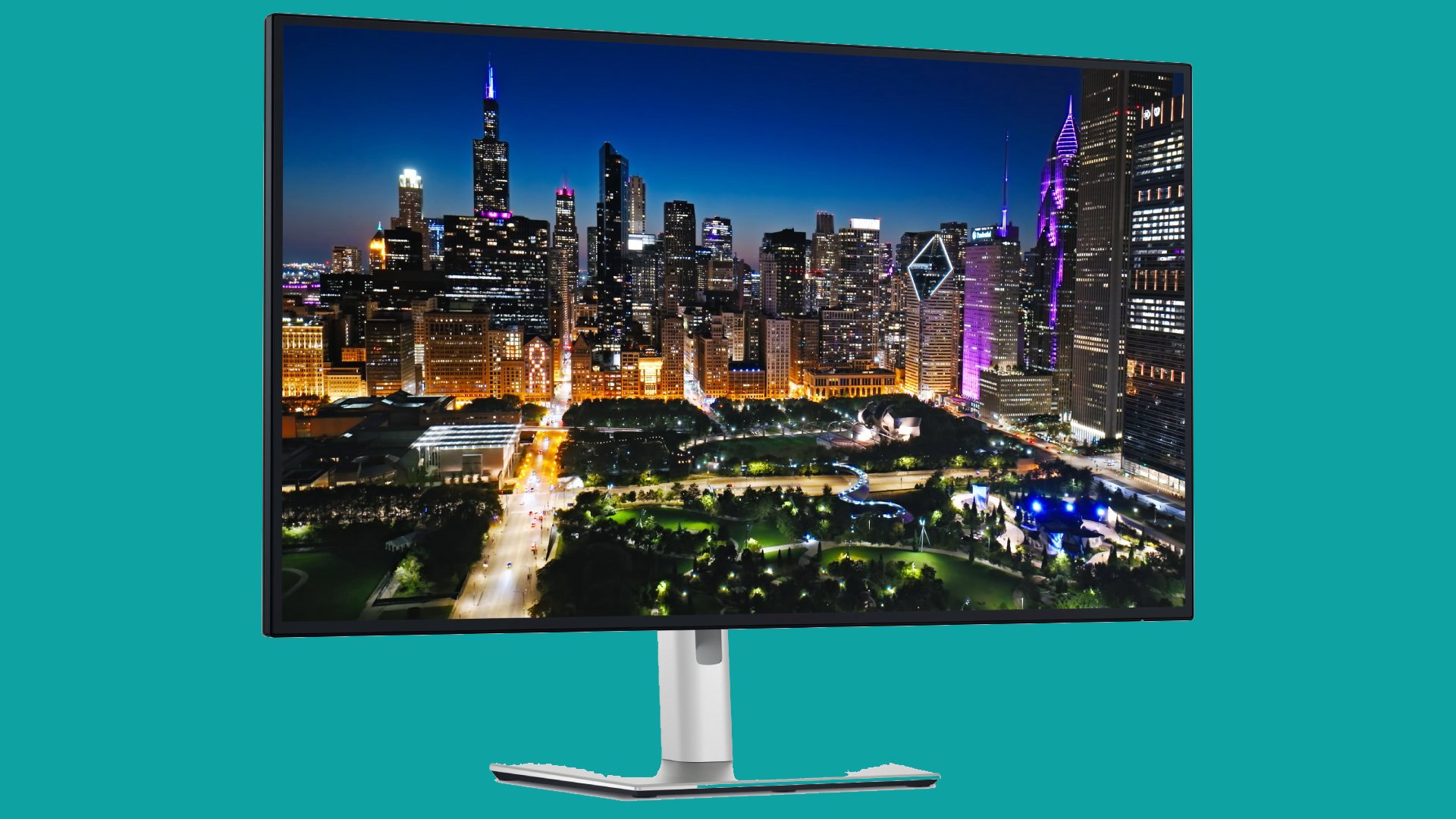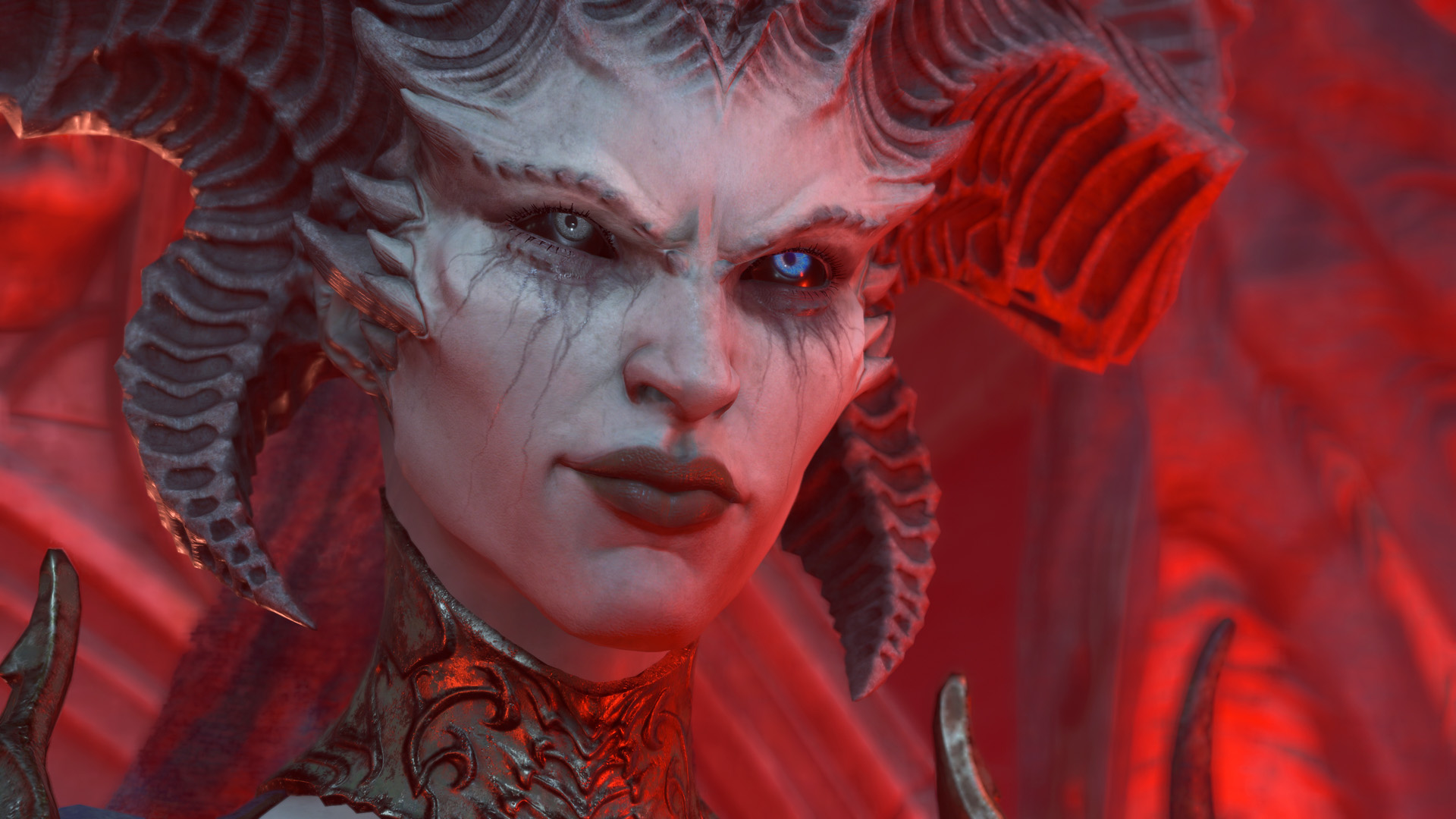
OpenAI is being pushed to go for-profit.
ChatGPT creator OpenAI has been made an offer it can’t refuse, otherwise known as a highly valued round of investments, but to get all of it, OpenAI needs to shift away from its original non-profit approach.
Shared on the OpenAI website, the latest round of funding totals plans to invest $40 billion into the company, for a company valuation of $300 billion. The blog post states this “enables us to push the frontiers of AI research even further” and finishes off by bragging that ChatGPT is used by 500 million people every week.
SoftBank Group, the Japanese investment group known for its majority share in chipmaker and software designer Arm Holdings, leads the charge on funding. As reported by Bloomberg, SoftBank is initially investing $7.5 billion into OpenAI with $2.5 billion invested alongside it from an investment group that includes Microsoft. By the end of 2025, another $30 billion is expected to be invested into the company, with $22.5 billion of that coming from SoftBank. The final $7.5 billion comes from the investment group.
As noted by CNBC, the investment from Softbank will fall to $20 billion—$10 billion below the expected $30 billion—should OpenAI still operate as a non-profit by the end of 2025. The question of whether or not OpenAI will remain non-profit has been hotly debated over the last few months. X owner, and alleged Bronze Torbjörn main, Elon Musk vowed to bow out of a $97.4 billion bid to buy OpenAI in February if it agrees to stay non-profit. OpenAI CEO Sam Altman offered to buy X for $9.74 billion in retaliation.
Last year, OpenAI reportedly had plans to restructure into a for-profit organisation. This would leave a non-profit section of OpenAI with a minor monetary stake in the for-profit section of OpenAI, thus losing control of it. This was not the first move into this structure as the company set up a for-profit subsidiary before that, where money could be invested into the company to further scale up the business.
This rather blatantly rows back on the original OpenAI organization mission statement. Back in 2015, it said:
“OpenAI is a non-profit artificial intelligence research company. Our goal is to advance digital intelligence in the way that is most likely to benefit humanity as a whole, unconstrained by a need to generate financial return. Since our research is free from financial obligations, we can better focus on a positive human impact.”
The switch to for-profit raises the company value, which could in return result in even more investments. These investments would then need to generate revenue for board members which would change financial incentives for OpenAI as a whole. For-profit companies need to serve shareholders above all else, whereas non-profit organizations don’t have the same incentives.
The plus side to this is more money in the OpenAI could result in new ventures and more research funding. Whether or not the end user will benefit from this structure change is anyone’s guess but there’s some rightful scepticism about it, especially when you consider generative AI’s blatant skirting around copyright laws, and AI’s effects on artists.
The OpenAI blog argued in favour of this restructuring last year, saying “We once again need to raise more capital than we’d imagined. Investors want to back us but, at this scale of capital, need conventional equity and less structural bespokeness.”
Best gaming PC: The top pre-built machines.
Best gaming laptop: Great devices for mobile gaming.





